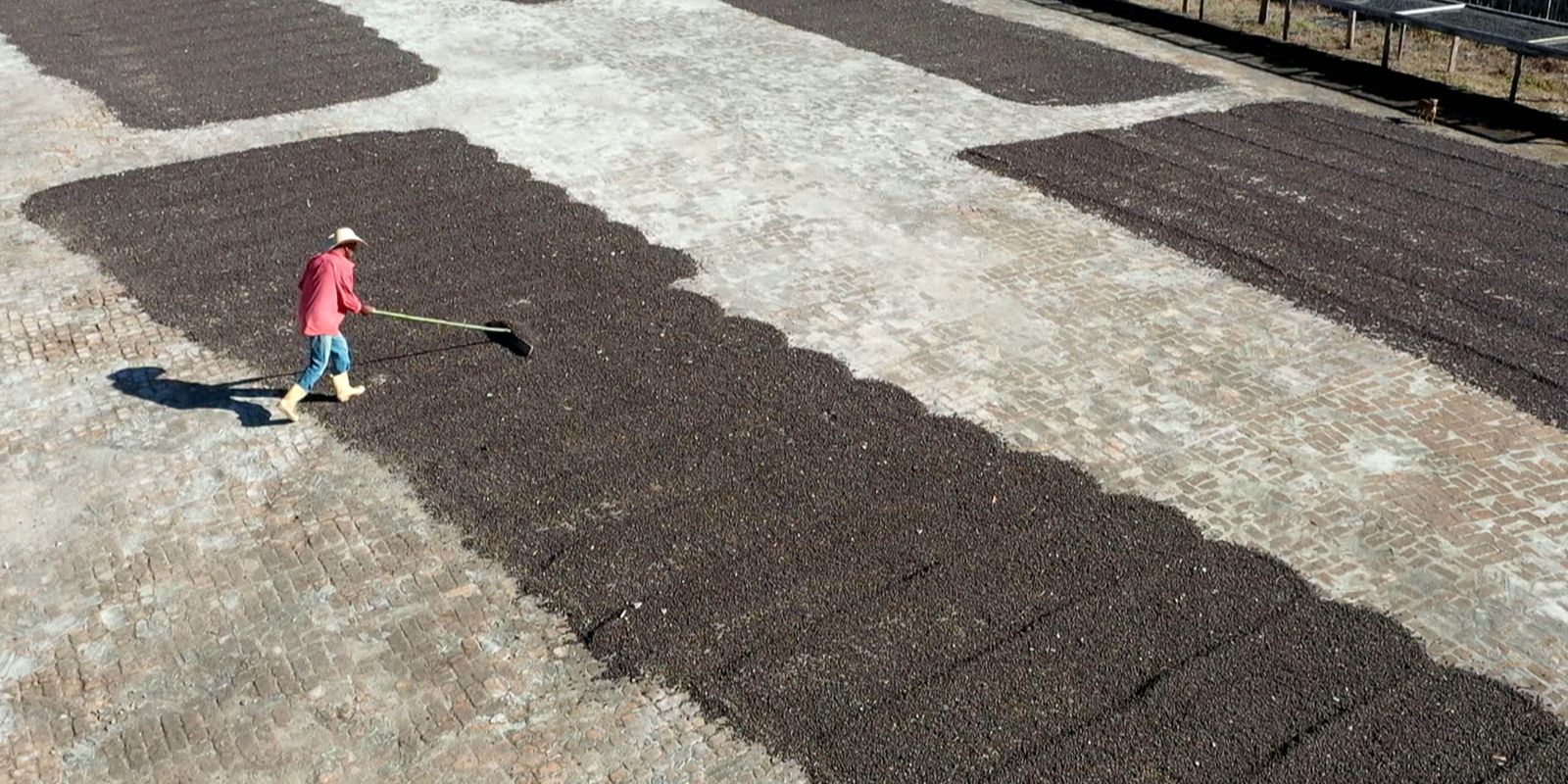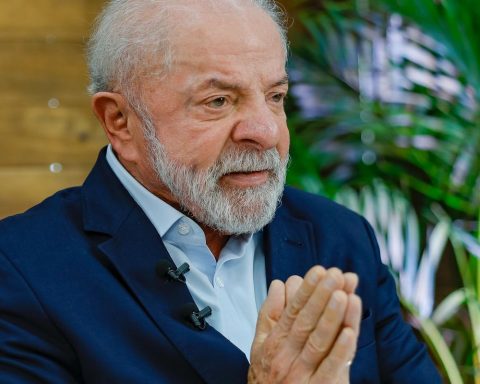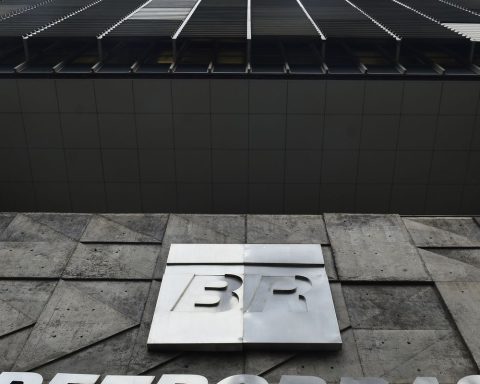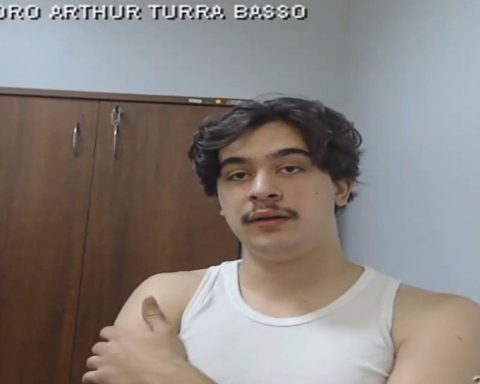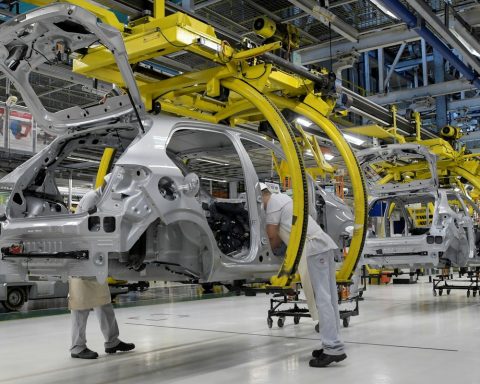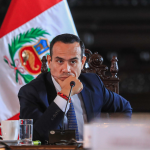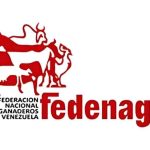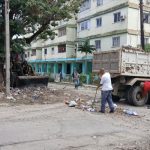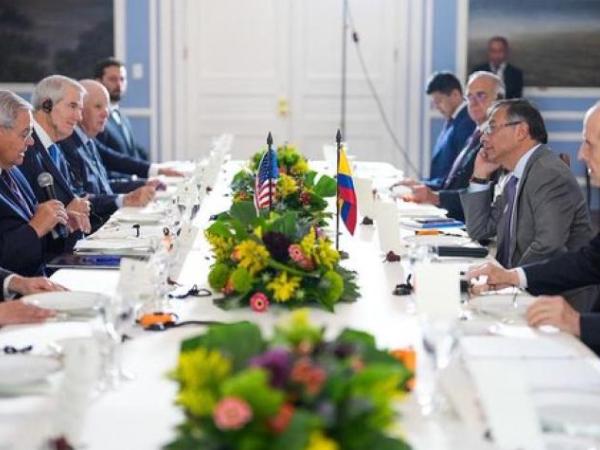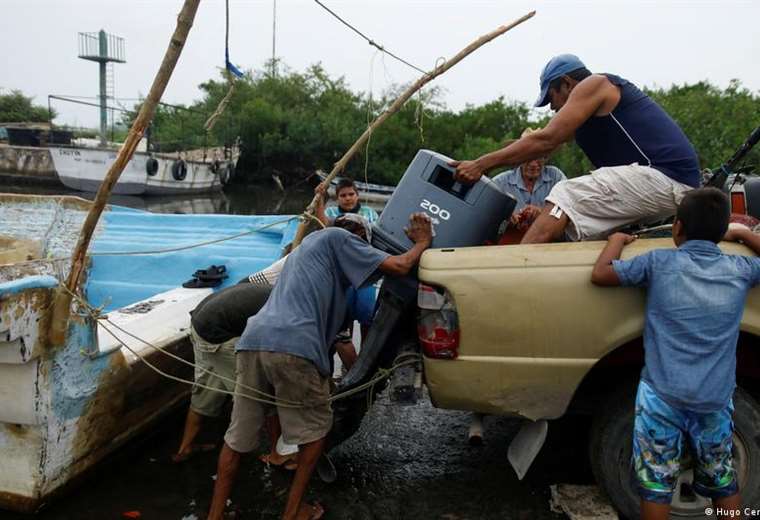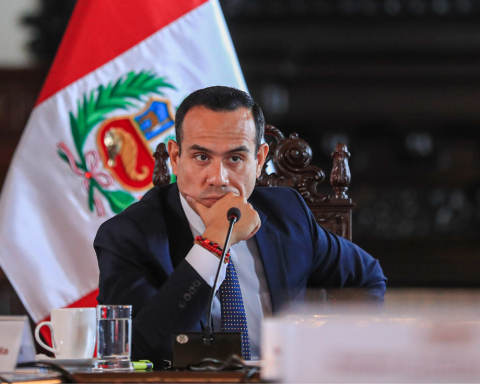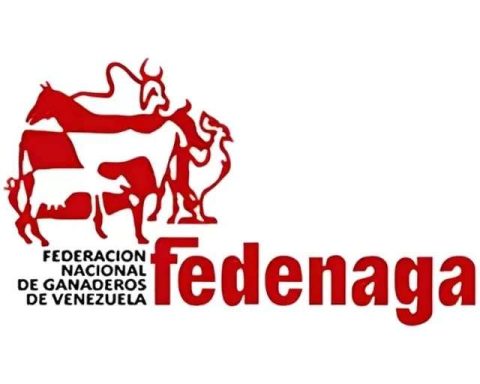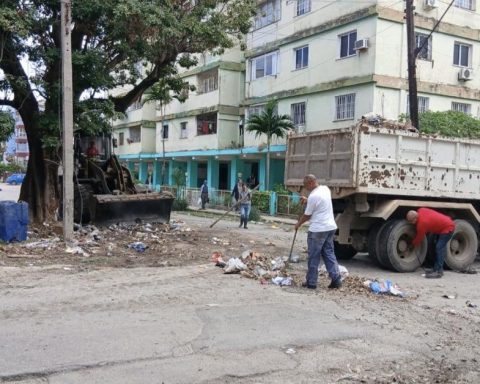Brazil is the largest coffee producer in the world – the estimate for 2022 is a production of 52.8 million bags of the bean, according to the Brazilian Institute of Geography and Statistics (IBGE). About half of this production is done in Minas Gerais, a state historically linked to the coffee culture.
In Minas Gerais, one region has been standing out in the production of specialty coffees: Mantiqueira de Minas, in the south of the state. Since 2011, local producers have obtained the seal of geographical indication (GI), which recognizes the quality and tradition of a product based on the environmental conditions and local way of making it.
In partnership with the Brazilian Support Service for Small and Micro Enterprises (Sebrae), the Reporting Pathsgives TV Brazilvisited the region to understand what a special coffee is and why Mantiqueira has become a reference in the production of the drink.
The geographical indication seal is granted by the National Institute of Intellectual Property (INPI). The GI of Mantiqueira coffee is of the Denomination of Origin type, which recognizes that the quality of the product is linked to environmental factors.
“The specialty coffee market is very niche and, within this segmentation, some countries and regions seek distinctions. When a particular country or region gains international notoriety, it is necessary to protect this heritage”, points out professor Flávio Boren, who participated in the process of elaborating the GI.
From the coffee trees to the beans packaged to be resold throughout Brazil and the world, there is strict quality control. Mantiqueira de Minas coffees must have at least 83 points, on an evaluation scale that goes from 0 to 100. The process takes into account from the quality of the beans harvested at the foot, to the taste of the coffee in the mouth.
The award-winning and internationally recognized coffee often comes from small properties where the family is responsible for all stages, from planting to harvesting. This is the case of coffee from producer Sueli Cândido, which reached 89 points. “Every producer has his story, right? Nowadays, whoever is buying their coffee abroad wants to know who produced it, what is its history. So this is really good,” she says.
“Each territory has a brand, a DNA, a strong history. And the seal guarantees both the market and the producer the protection of this origin”, explains the analyst at Sebrae-MG, Rogério Galuppo. The entity supports producers to achieve GI certification. In all, the Brazil has 92 geographical indications currently recognized.
The coffee culture has also boosted tourism in the region. At Fazenda Moreira and Alckmin, visitors are invited to learn about the entire production process, from a tour of the coffee plantations to tasting the drink in the cup.
“The new generations of producers are keen to bring this knowledge of specialty coffees to the population as a whole. The challenge is to convert the traditional end consumer to specialty coffee”, explains Lucas Alckmin, entrepreneur and rural producer.
Owner of another award-winning coffee, Alessandro Hervaz, from Honey & Coffee, points out that in addition to recognition, the specialty coffee market generates income and opportunities for local communities.
“It’s a little ant’s work, which we started a long time ago, but it has been very successful and has been growing in recent years and gives us great satisfaction. Selling coffee at a better price is important, it brings quality of life, transforms the life of the producer. But this reward of seeing our coffee on the other side of the world, having the opportunity to meet the partner, to receive this feedback and to be awarded in a contest, is priceless”.
The episode Café: Aroma da Mantiqueira is part of the Riches of Our Land series of the program Reporting Paths and airs today (23), at 10 pm, on TV Brazil.
